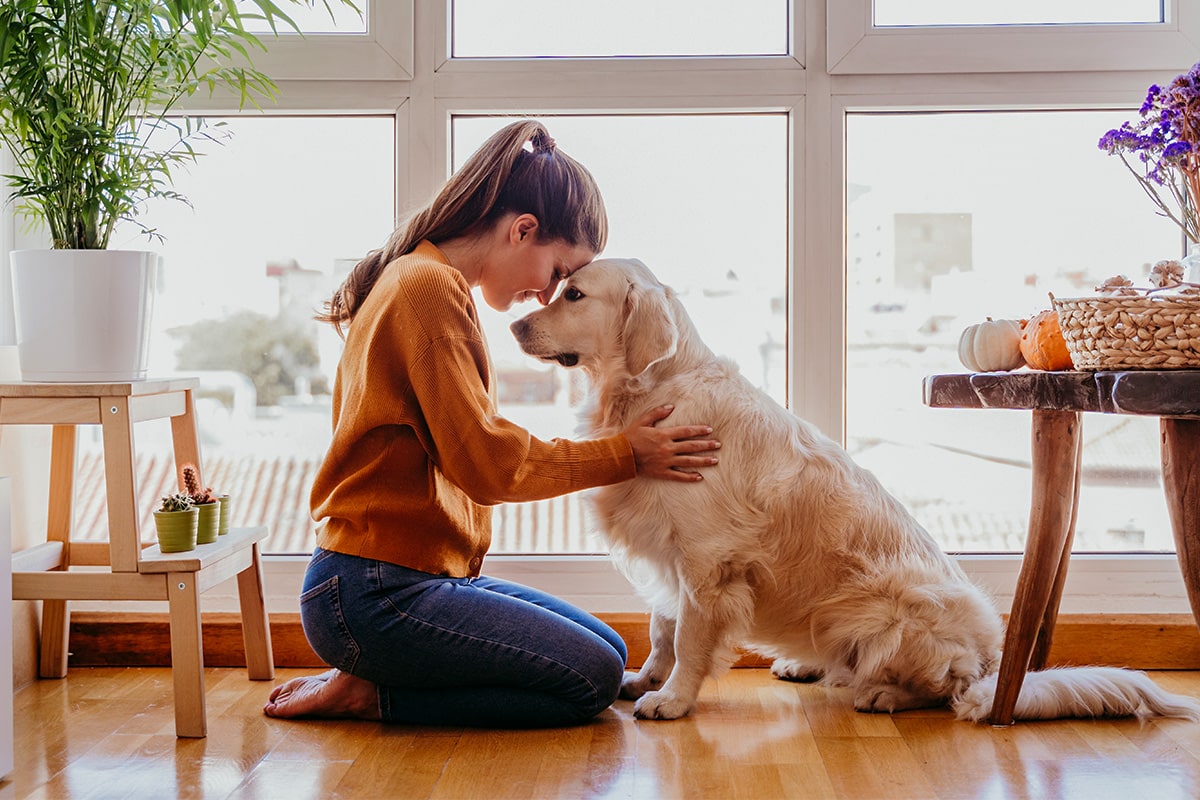 Shutterstock
Shutterstock
Dogs are incredibly perceptive creatures. They tune into our voices, facial expressions, and even the way we move, often picking up on emotional shifts before we fully register them ourselves. When you’re feeling stressed, your dog doesn’t just notice—it responds in a variety of surprising and heartwarming ways. These reactions aren’t just instinctive; they’re a sign of the deep bond and intuitive connection between dogs and their humans.
They Stay Close to You
 Shutterstock
Shutterstock
One of the most common ways dogs react to your stress is by physically staying near you. Whether they’re curling up next to you on the couch or following you from room to room, their presence is a silent form of comfort. Dogs often feel a need to guard and support their pack, and sticking close is their way of saying, “I’m here for you.” It’s not just loyalty—it’s emotional support in canine form.
They Lick You More
 Shutterstock
Shutterstock
Dogs often lick their humans to show affection or reduce tension. When you’re stressed, this licking behavior can increase as your dog tries to soothe you the only way it knows how. The act releases endorphins for the dog and can have a calming effect on you too. It’s a gesture rooted in their instinct to care for members of their “pack.”
They Get Anxious Themselves
 Shutterstock
Shutterstock
Stress is contagious—even across species. Dogs can mirror your mood, and if you’re feeling anxious or tense, your pup might begin pacing, whining, or acting out in ways that mirror your unease. It’s not a sign of misbehavior but rather empathy in action. Your emotions can ripple through them, often more strongly than we realize.
They Offer Toys or Treats
 Shutterstock
Shutterstock
Has your dog ever dropped a toy in your lap when you’re upset? This isn’t just a random act—it’s a canine form of problem-solving. Dogs associate play with happiness, so by offering a toy, they’re trying to “fix” your mood. It’s their sweet and simple way of cheering you up.
They Bark or Whine More
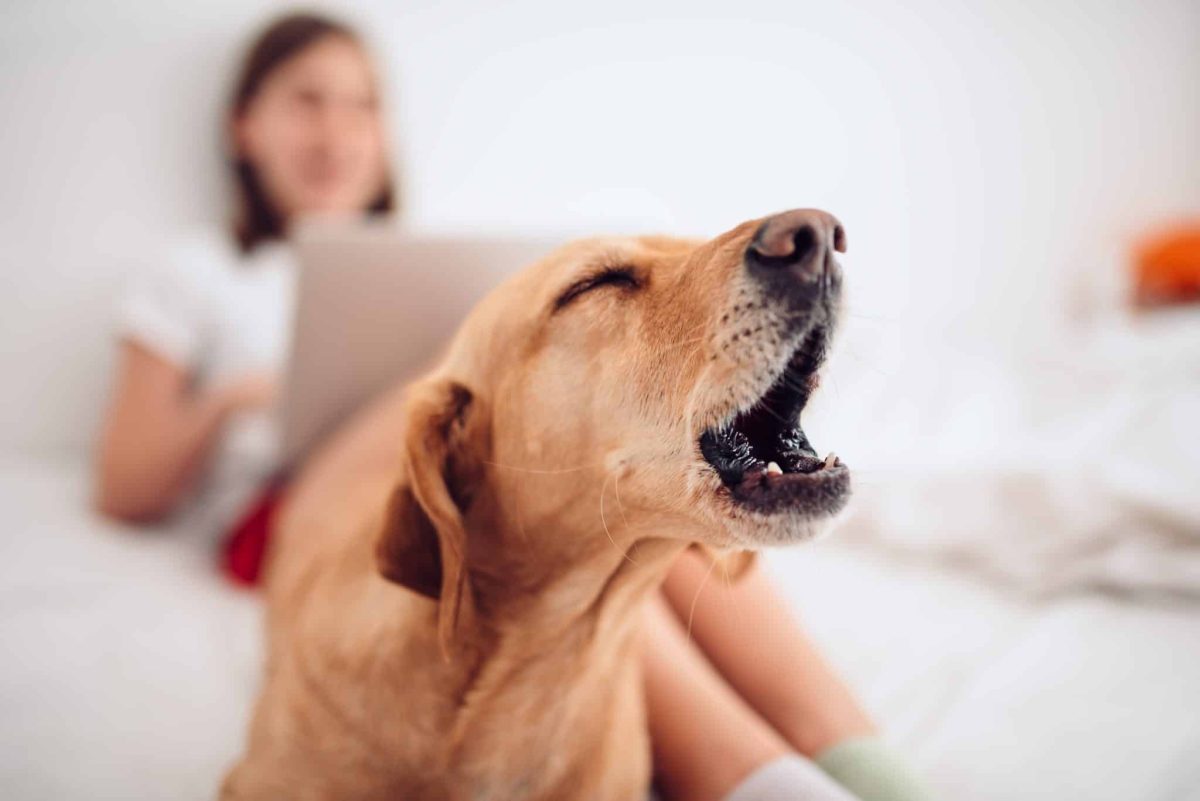 Shutterstock
Shutterstock
Dogs sometimes vocalize more when they sense tension. Whining, barking, or unusual vocal patterns might be their way of trying to get your attention—or to express their own concern. They don’t know what’s wrong, but they know something is. These sounds are their attempt to reach out and connect with you.
They Try to Get You Moving
 Shutterstock
Shutterstock
Some dogs will try to initiate a walk, nudge you toward the door, or act unusually excited about playtime when you’re stressed. Physical activity is their natural stress reliever, and they may be trying to help you feel better too. Movement and fresh air are known mood boosters, and your dog might just be nudging you toward both. It’s their way of giving you a gentle push toward wellness.
They Change Their Eating Habits
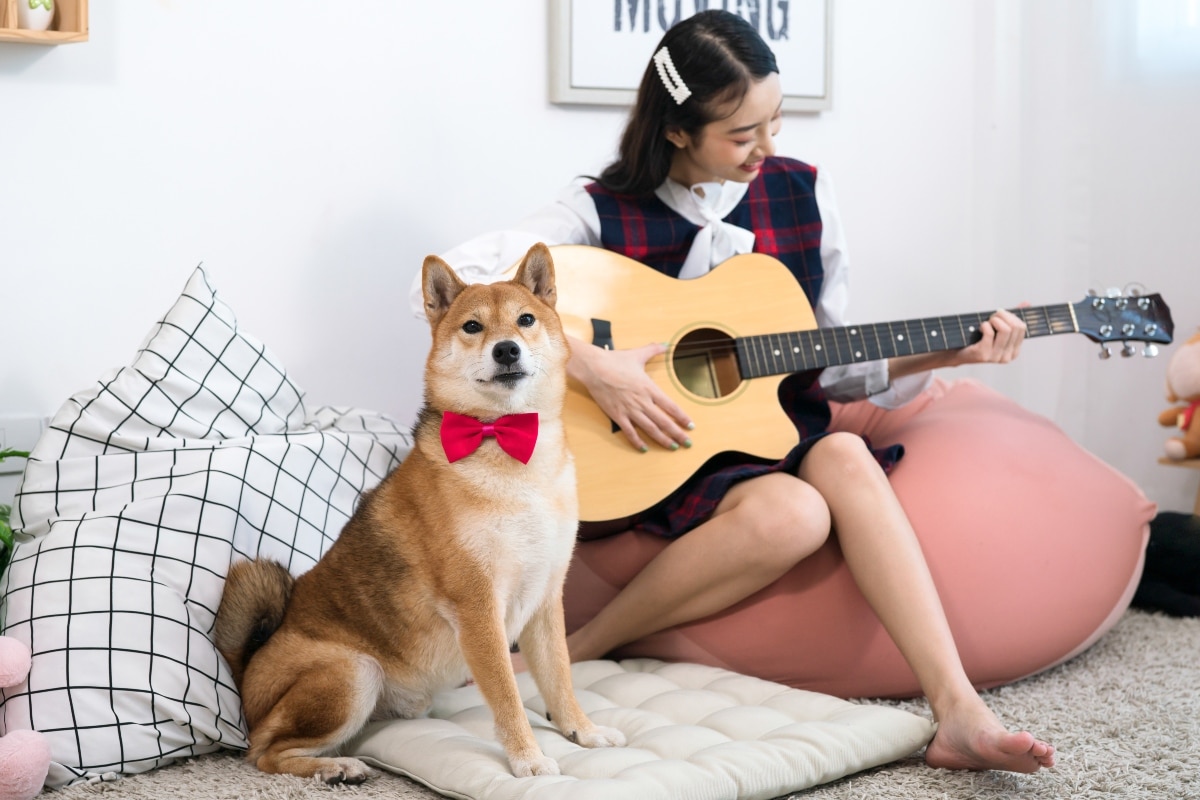 Shutterstock
Shutterstock
Just like people, some dogs eat less—or even more—when they feel uneasy. If your dog is suddenly uninterested in their meals or seems hungrier than usual, they may be reacting to your emotional state. Stress in the home can disrupt their routines, including how they eat. Monitoring these shifts can offer insight into how your feelings are affecting them.
They Give You the Puppy Eyes
 Shutterstock
Shutterstock
Those soulful, intense stares your dog gives you might not just be for show—they’re trying to read you. Dogs look at our faces to gather emotional cues, and prolonged eye contact can be their way of saying, “I see you’re not okay.” It’s also a way for them to connect and communicate love without needing words. That look can be their most heartfelt form of support.
They Sleep Beside You More Often
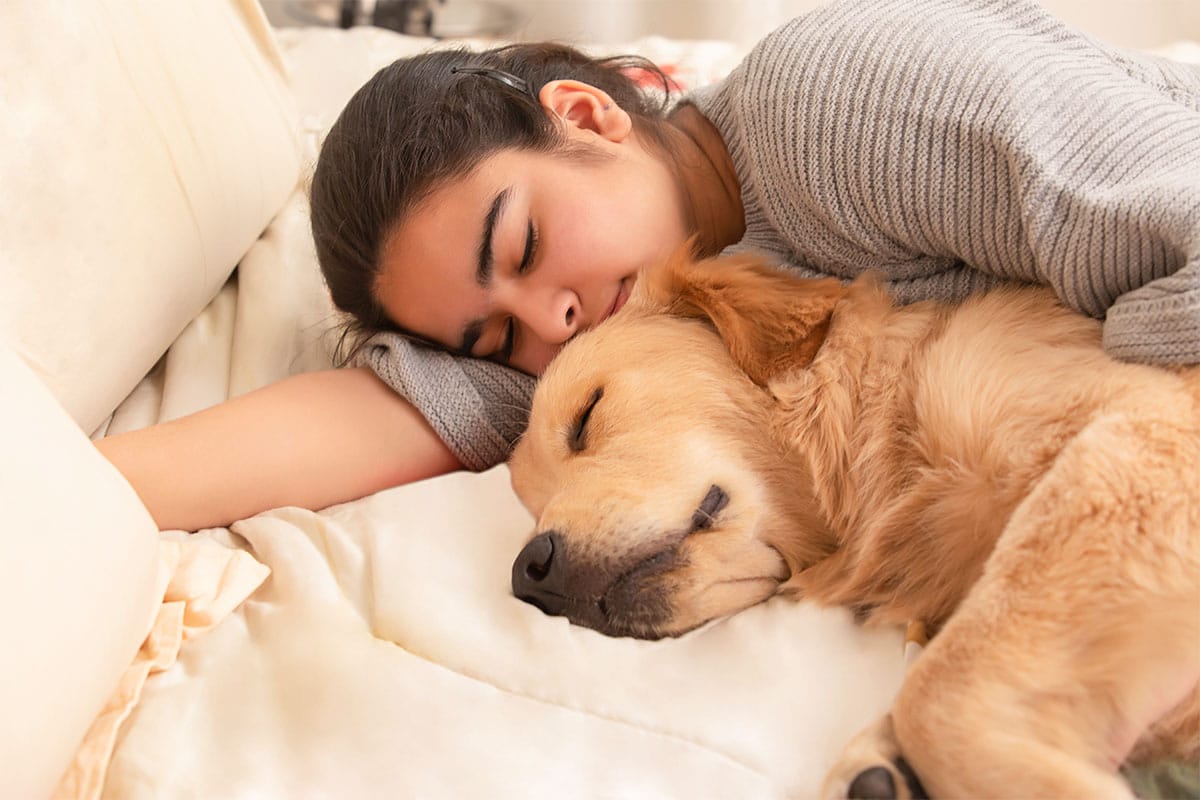 Shutterstock
Shutterstock
When you’re down, dogs often choose to sleep closer to you, sometimes even squeezing themselves into tiny spaces just to be near. Sleeping beside you is a sign of trust and solidarity. It’s their way of providing comfort while maintaining a calm presence. Your dog doesn’t need to do anything but be there—and somehow, it’s enough.
They Act Out of Character
 Shutterstock
Shutterstock
You might notice your normally well-behaved dog suddenly doing odd things—like jumping on furniture they usually avoid or barking at things that never used to bother them. These behavioral changes can be a reflection of emotional stress they’re picking up from you. It’s not disobedience—it’s a shift in their emotional landscape mirroring yours. Pay attention to these subtle changes; they can reveal a lot.
They Nuzzle You More
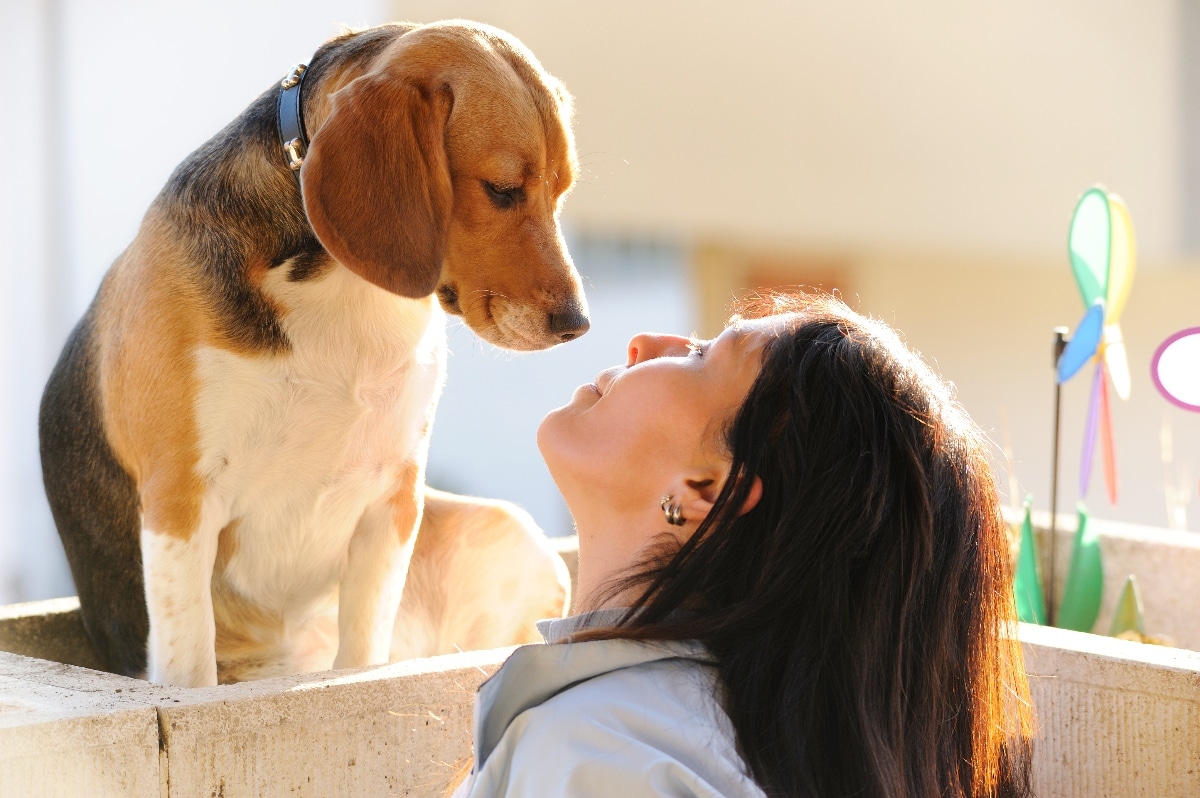 Shutterstock
Shutterstock
Gentle nudges, nose boops, and head rests are more than adorable—they’re your dog’s way of reaching out. Nuzzling is a comforting gesture often reserved for their closest companions. When you’re stressed, they may lean into this behavior as a way to ground both of you. It’s a tender, tactile reminder that you’re not alone.
When Life Gets Ruff, They’re Right There
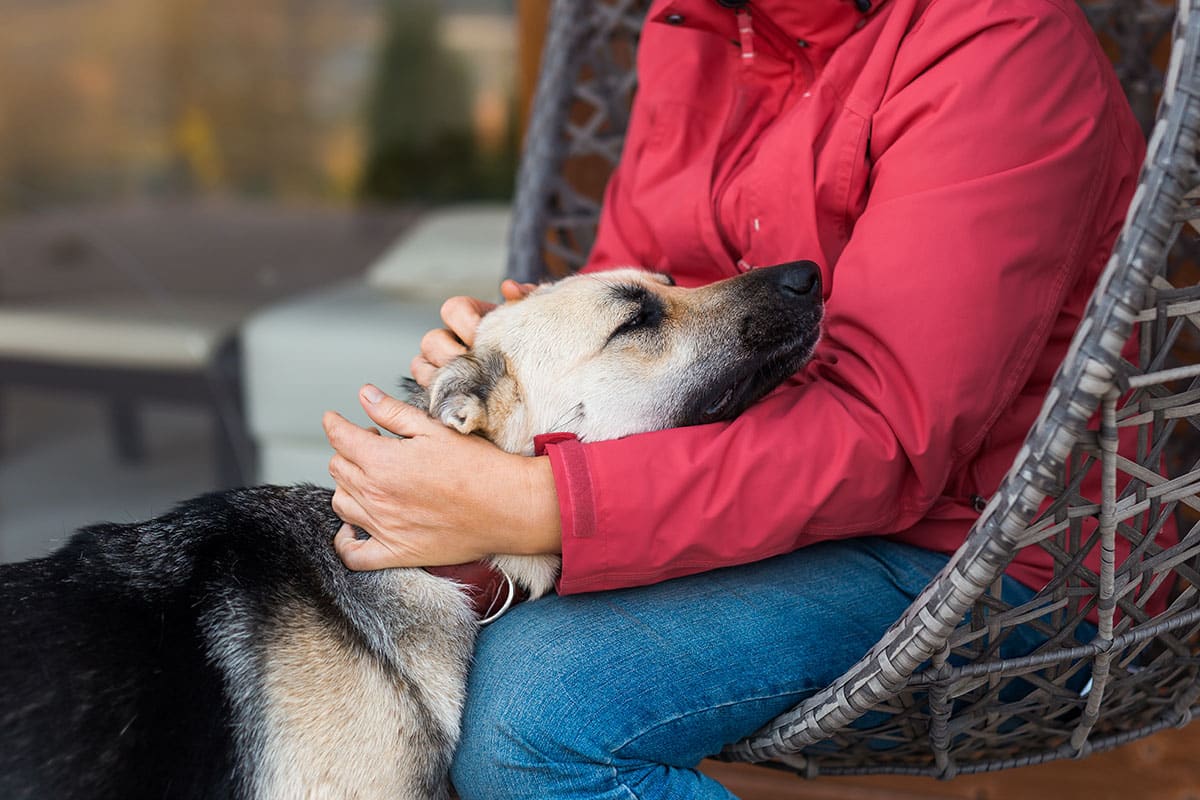 Shutterstock
Shutterstock
Dogs may not speak our language, but they’ve mastered the art of emotional intelligence. Their responses to our stress are heartfelt, loyal, and surprisingly intuitive. Whether they’re offering a toy, curling up at your feet, or gazing at you with concerned eyes, they’re doing everything they can to make you feel better. So next time life feels overwhelming, remember: your dog’s already on the job.

 2 weeks ago
11
2 weeks ago
11
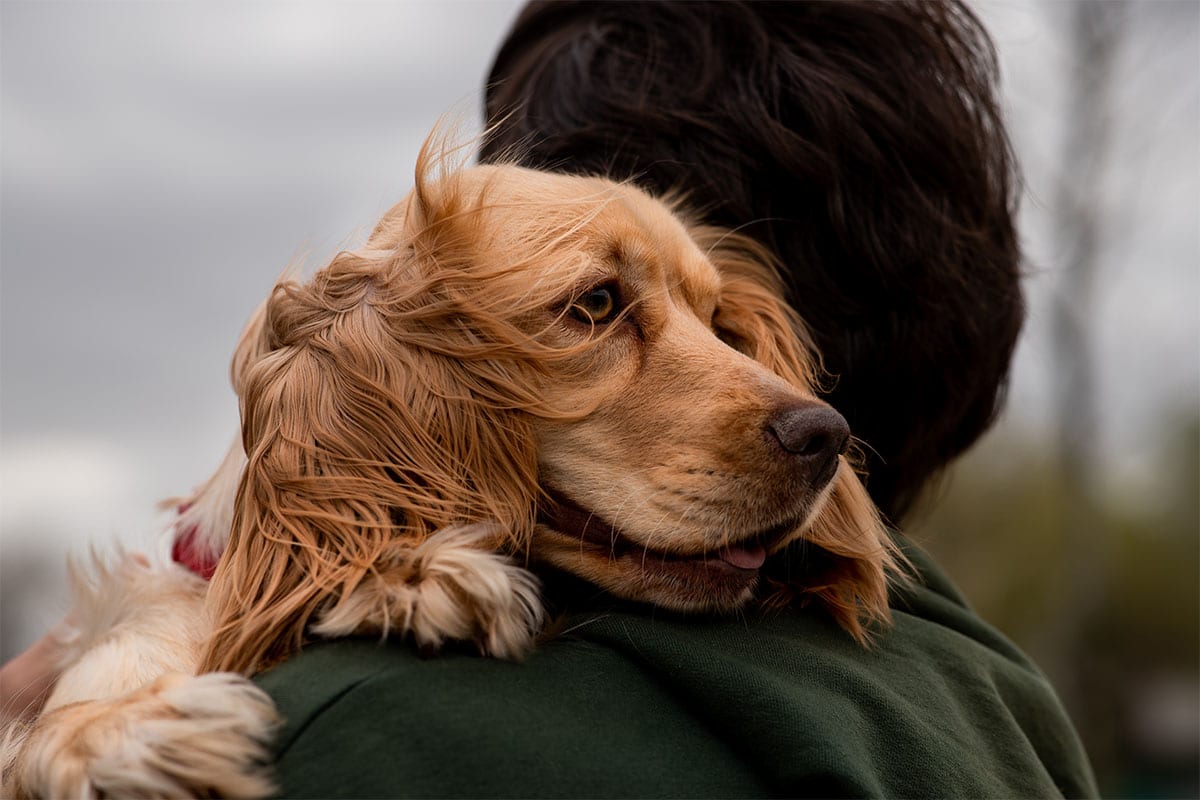

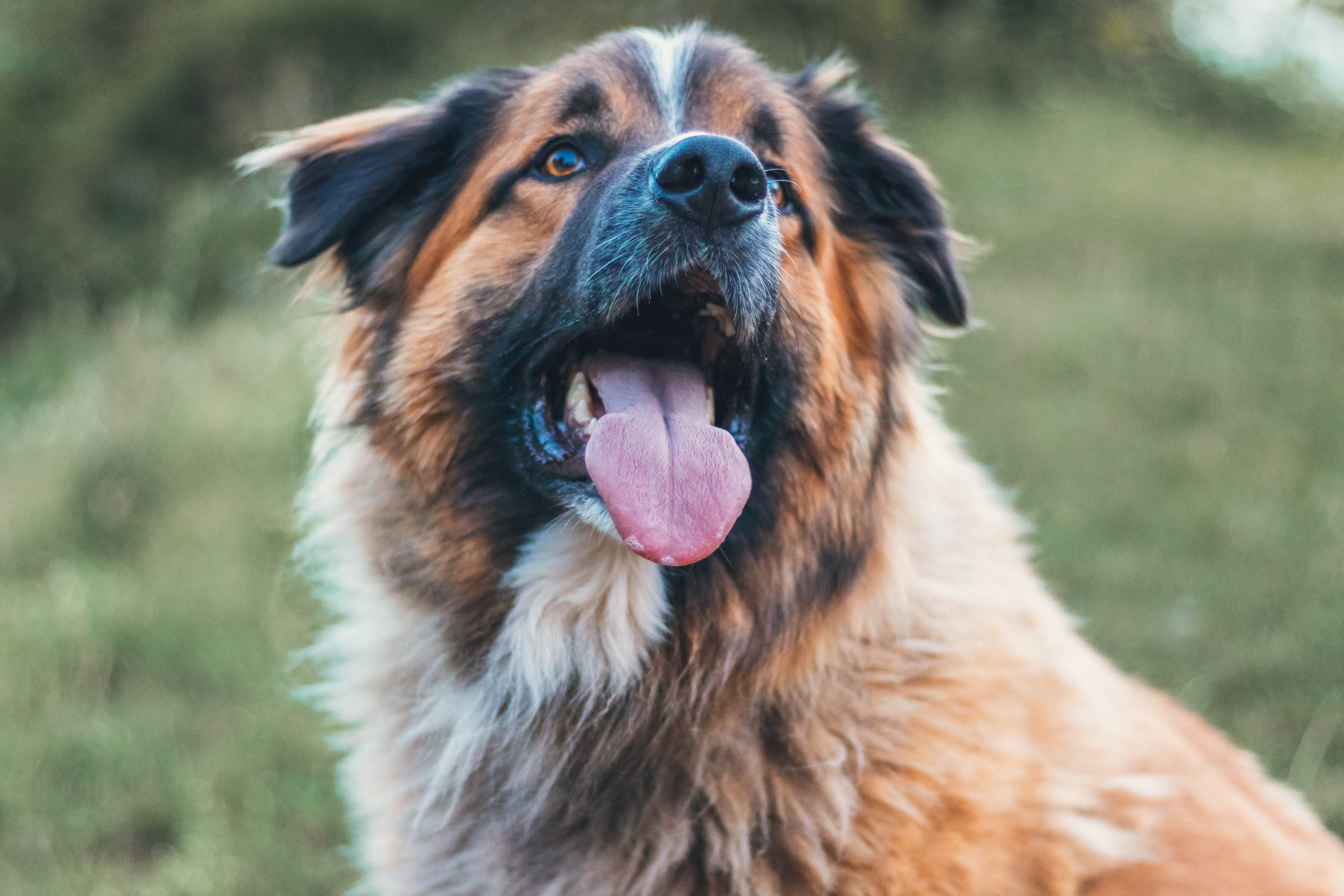
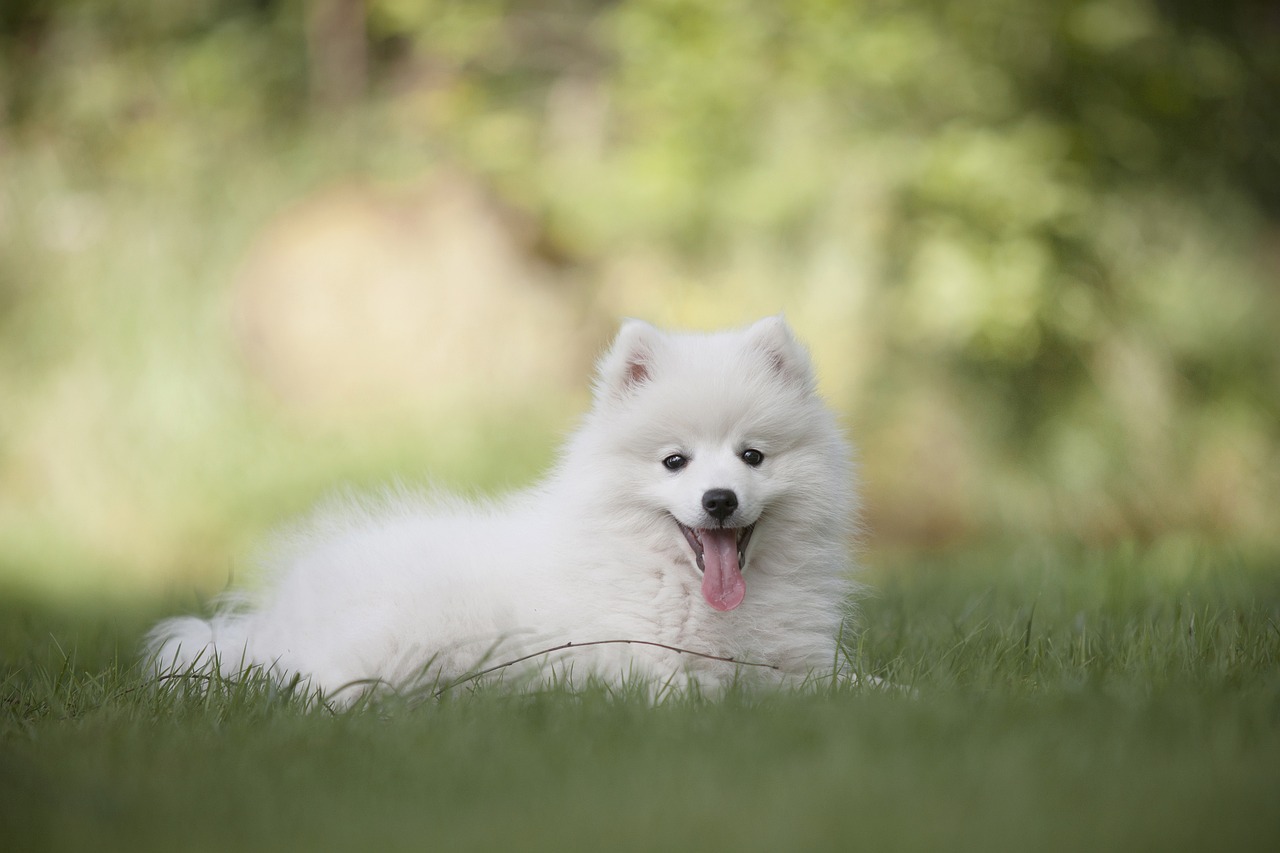

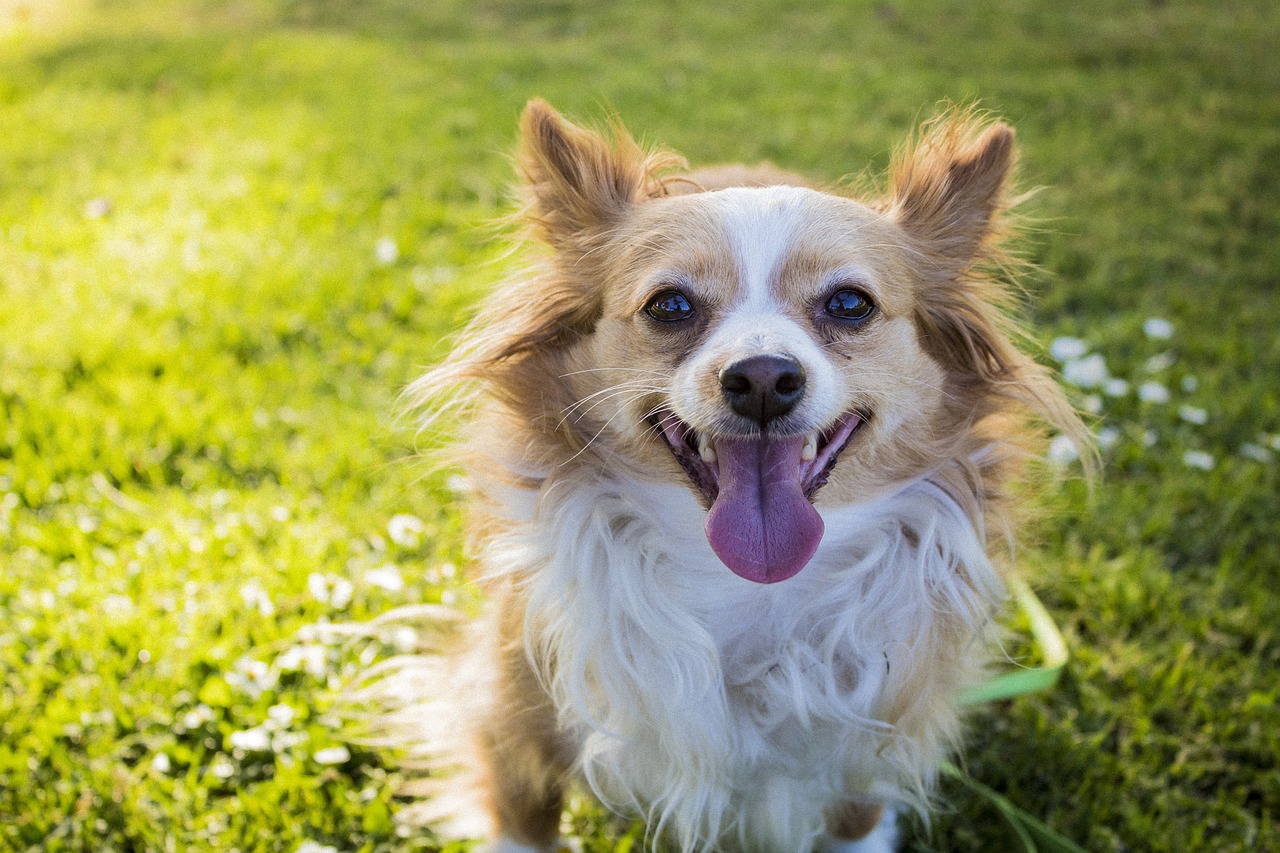

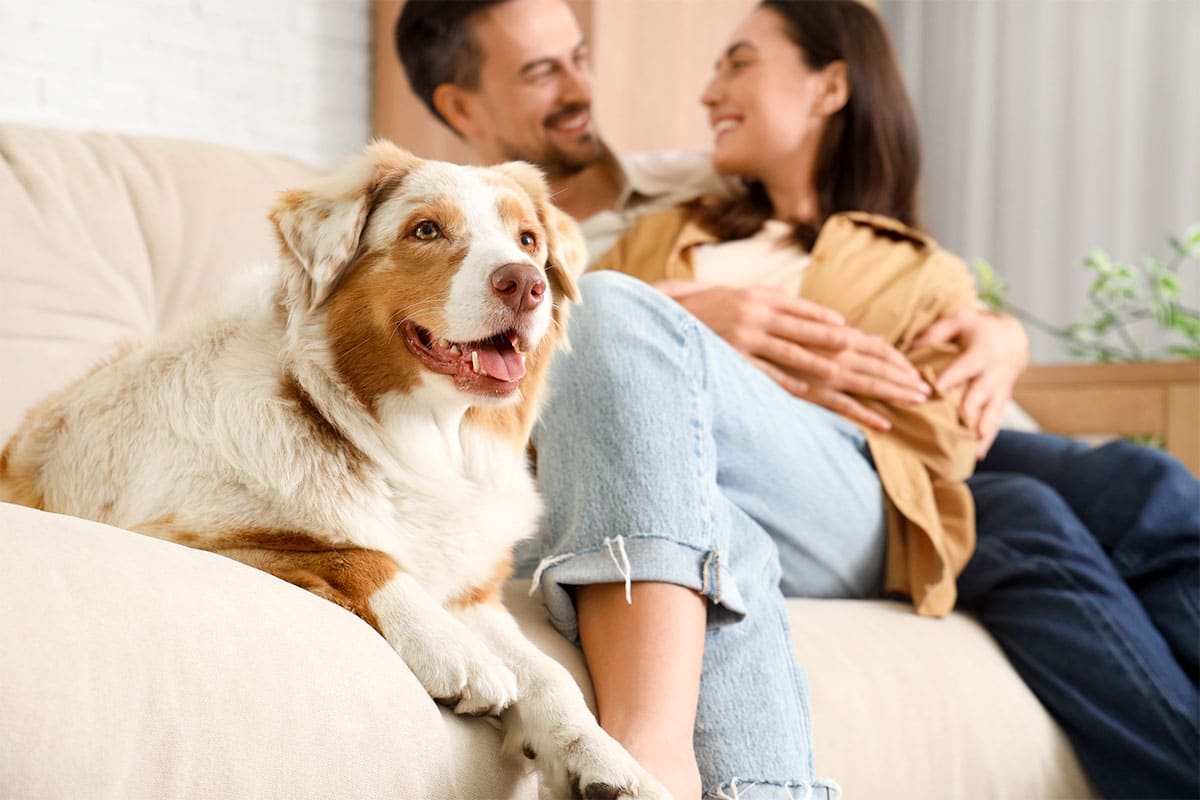


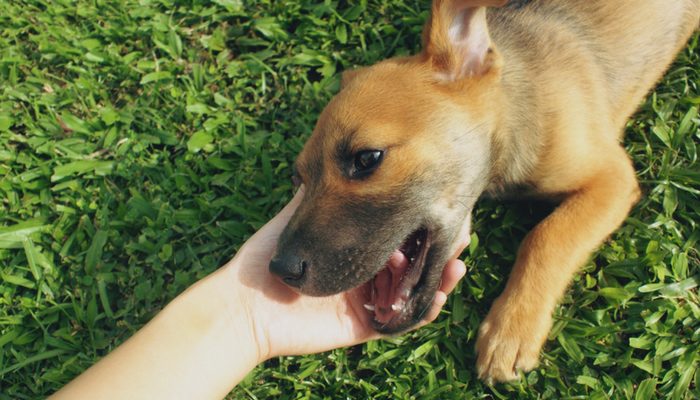

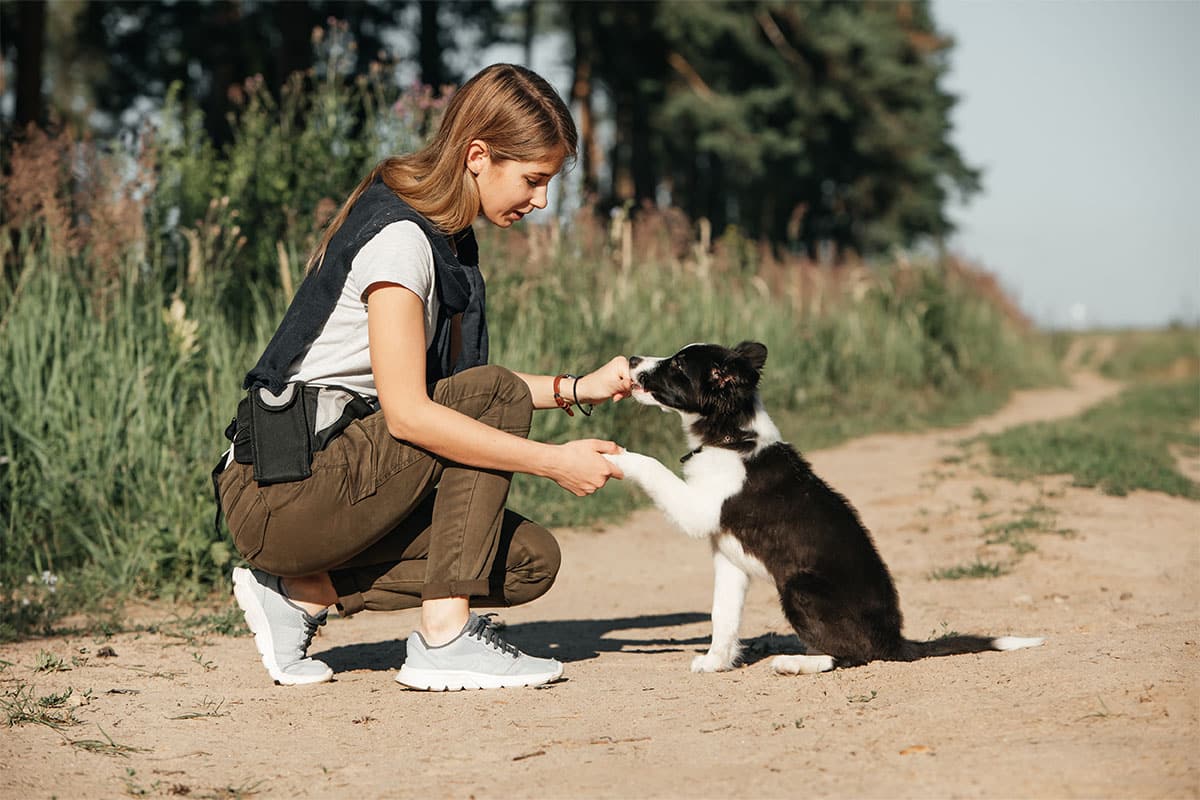


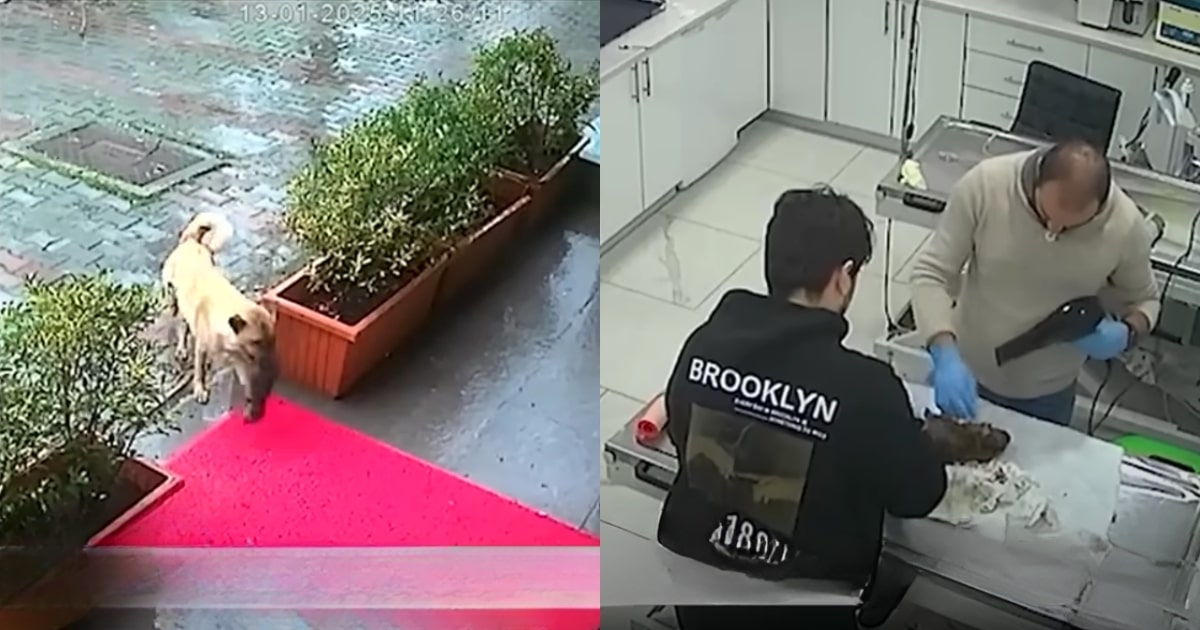
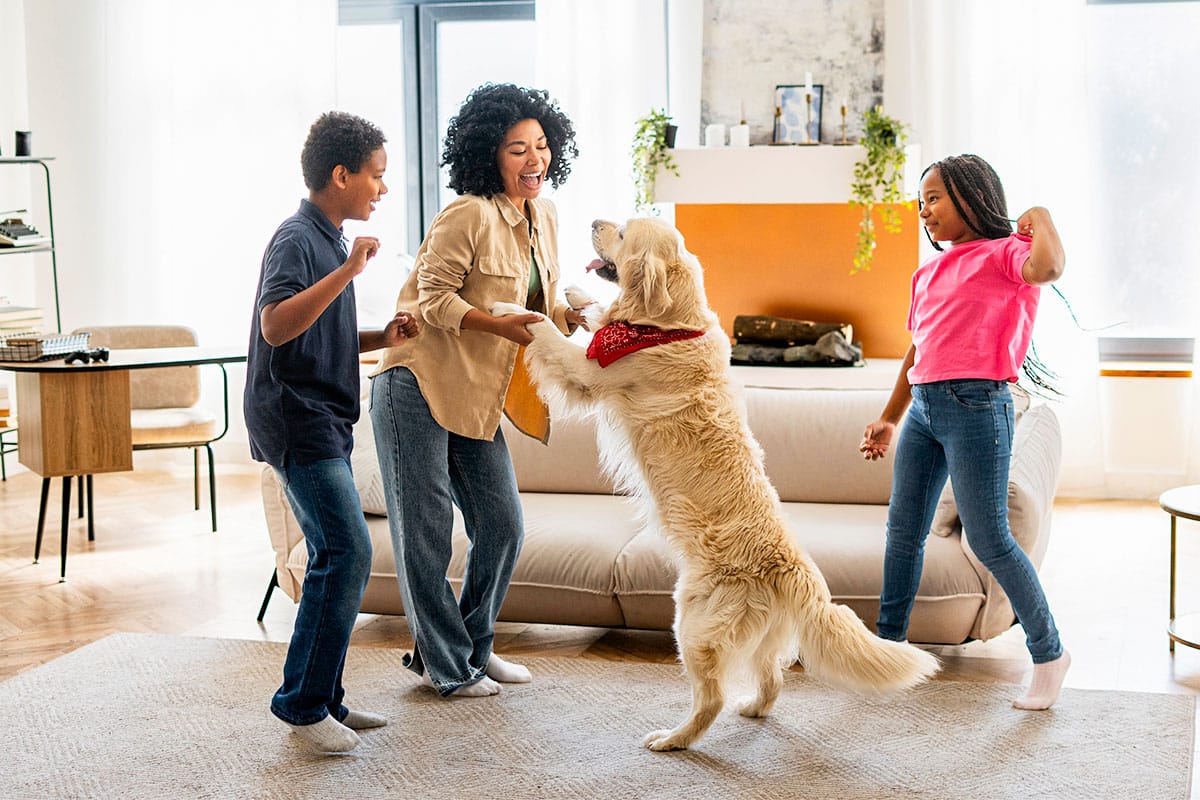

 English (US) ·
English (US) ·